
Key Takeaways
- Folding bikes address the challenges of urban commuting with portability and efficiency.
- They contribute to health and fitness while being environmentally sustainable.
- Versatility across models ensures a fit for diverse lifestyles and needs.
If you're a city dweller seeking smoother travel, let's uncover why folding bikes are becoming the go-to choice.
City dwellers are switching to folding bikes due to their portability, space-saving design, and versatility. Popular models include Brompton M6L, Tern Link D8, Montague Crosstown, and Strida LT. These bikes offer convenience and ease for urban commuting, making them a preferred choice.
With years of navigating city streets and advocating for sustainable urban transportation, I bring first-hand expertise to the table. My insights, backed by real-world experience and expert opinions, offer valuable guidance for those seeking the best folding bike for their urban adventures.
Why City Dwellers Are Switching to Folding Bikes
Folding bikes have become a go-to solution for urban dwellers caught in the crosshairs of bustling city life and the need for convenience.
If you've ever navigated the cramped sidewalks, encountered the scarcity of parking spots, or grumbled about the unpredictability of public transport, the benefits of folding bikes might not just be a luxury but a necessity.
These innovative two-wheelers cater to the space constraints of apartment living, offering an ingenious way to get fit, zip around town, and do your bit for the environment—all without the hassle of traditional bike ownership.
In urban environments, the growing adoption of folding bikes is driven by their convenience and efficiency in managing the complexities of city transportation.
Convenience for Easy Maneuvrability
Folding bikes take the stress out of maneuvering through congested streets. Imagine breezing past traffic jams on your way to work, all while knowing you won't need to hunt for a parking spot.
Their compact size not only allows for this ease of travel but also ensures you can bring your bike into your office or sit with it at a cafe, keeping it safe and within sight.
Space-Saving
Do you live in a snug apartment or have limitations on storage space? Folding bikes are renowned for their easy storage, unfolding the potential of small living spaces.
Tuck your bike away under a desk, in a closet, or next to your couch—no need for bulky bike racks or valuable floor space.
Mobility Benefits
In addition to the physical advantages of exercise, the mobility benefits of folding bikes in urban settings are considerable. They empower you to move freely, avoiding the unpredictable delays of traffic congestion.
Whether it’s a sudden detour or a closed road, your folding bike enables you to adapt and continue on your journey with minimal disruption.
Multimodal Transportation
Folding bikes and multimodal transportation go hand in hand, offering the ultimate in transportation flexibility.
You can easily integrate your bike with public transport systems like buses, trains, or subways, combining the speed and reach of these services with the last-mile connectivity that only a personal bike can provide.
Cost-Effectiveness
Folding bikes offer a financially savvy alternative for city dwellers, significantly reducing the costs associated with traditional vehicle ownership such as fuel, insurance, and maintenance.
Furthermore, compared to regular bikes, their compact nature minimizes the need for paid parking spaces or storage solutions, further enhancing their cost-effectiveness for urban residents.
Easy Storage at Home or Work
The compact design of folding bikes allows for effortless storage in limited spaces, a common issue in urban apartments and workplaces.
This feature eliminates the need for bulky bike racks or dedicated storage areas, making them an ideal choice for city dwellers seeking to maximize their living and working environments.
Reduced Risk of Theft
Folding bikes can be easily folded and taken indoors, significantly reducing the risk of theft that is prevalent in urban areas.
Their portability allows owners to keep them in sight, whether at a café, office, or home, providing peace of mind that is often not possible with traditional bicycles.
No Parking Hassles
Finding a parking spot for traditional vehicles or even regular bikes can be a challenge in crowded city streets.
Folding bikes alleviate this problem as they can be folded and carried inside, bypassing the need to find secure and legal parking spaces. This convenience is particularly appealing during peak hours or in densely populated urban centers.
Environmentally Friendly
Shifting to folding bikes contributes to a reduction in carbon footprint, aligning with the growing environmental consciousness among city dwellers.
Opting for this mode of transport helps individuals significantly reduce their reliance on fossil fuels and contributes to lower emissions, making folding bikes an eco-friendly choice for urban commuting.
Health Benefits
Folding bikes encourage physical activity, directly contributing to improved cardiovascular health, muscle strength, and overall fitness levels for city dwellers.
Unlike passive modes of transportation, cycling offers a daily exercise routine that is seamlessly integrated into commuting, making it an attractive option for individuals looking to maintain a healthy lifestyle amidst busy urban schedules.
Flexibility in Other Modes of Commuting
Folding bikes excel in their ability to combine with other forms of public transportation, such as buses, trains, and subways.
This flexibility allows urban residents to cover longer distances more efficiently than with a traditional bike, as they can easily fold their bike and carry it onto other modes of transport, bridging the gap between home, transit stops, and the final destination without the need for bike parking.
Quick Adaptation to Urban Terrain
The design of folding bikes allows for quick adaptation to diverse urban terrains, from flat roads to gentle hills.
Their typically smaller wheels and responsive handling make navigating city obstacles, such as curbs and potholes, easier and safer, providing a more reliable and enjoyable commuting experience in the urban landscape.
Social Inclusivity
Folding bikes represent a more inclusive form of transportation, catering to a wide demographic of city dwellers regardless of age, fitness level, or cycling proficiency.
Their ease of use, combined with the ability to adjust to different rider heights and preferences, makes them accessible and appealing to a broad audience, fostering a sense of community and shared commitment to sustainable urban mobility.
Overview of the Top-Folding Bike Models
When deciding on a folding bike, you're not just choosing a mode of transport, you're selecting a travel companion that needs to match your urban lifestyle, combining portability with efficiency. Let's dive into the specifics of some top-performing models that could be your perfect match.
Brompton M6L
Brompton M6L
The Brompton M6L is the epitome of a compact urban bicycle. Known for its exceptional build quality, this bike is not only durable but also stylish.
Weight and Portability
- Weight: 11.6 kg
- Easily carried onto public transport or upstairs
Key Features
- 6-speed gearing provides versatility for hilly areas
- Folds down compactly in under 20 seconds
Comfort and Maintenance
- Promises a comfortable ride with its clever design
- Maintenance is straightforward with its accessible parts
Tern Link D8
Tern Link D8
Tern's reputation for creating versatile bikes shines through in the Link D8. It's designed for the commuter who needs to switch between cycling and public transportation effortlessly.
Versatility and Folding Mechanism
- Speeds: 8-speed Shimano gears
- Folds in 10 seconds for quick transitions
Key Features
- Equipped with fenders, making it all-weather friendly
- The frame's design balances rigidity with comfort
Durability and Price
- Built to last with quality components
- Price reflects a mid-range budget for folding bikes
Dahon Mariner D8
Dahon Mariner D8
The Mariner D8 by Dahon is popular among city cyclists for its balance of performance and utility.
Weight and Folding Mechanism
- Weight: 11.8 kg
- Simple folding process, ready in seconds
Electric Folding Bike Option
- Available as an electric folding bike for an easier ride
- Ensures a sweat-free commute with its pedal assist feature
Speeds and Gears
- Features an 8-speed drivetrain for various terrains
- A reliable choice for both flat and inclined surfaces
Tips for Choosing the Right Folding Bike
When you're on the hunt for a new folding bike, the options can seem endless. In this guide, we'll walk through the essentials to choose a bike that not only fits into your urban lifestyle but also brings you joy in every ride.
Considering Portability and Weight
Lightweight folding bikes make carrying and commuting a breeze. You want to look for a bike that's easy to fold, carry, and store without breaking a sweat.
-
Portability Features: Look for quick-release clamps and intuitive folding mechanisms.
-
Weight Classification:
-
Ultralightweight: Under 21 lbs. (9.5 kg)
-
Lightweight: 21-25 lbs. (9.5-11.3 kg)
-
Standard: Over 25 lbs. (11.3 kg)
Balancing Speed and Comfort
The best commuter bike balances a comfortable ride with the speed to get you to your destination promptly.
- Speed Factors: The number of gears and wheel size contribute to the bike’s speed potential. Larger wheels tend to roll faster but may take more effort to reach top speed.
- Comfort Elements: Padding in the saddle and the quality of suspension can greatly affect comfort, especially on longer rides.
Here's how to gauge which features matter most:
Assessing Durability and Maintenance Needs
Durability often correlates with maintenance requirements. A sturdy steel frame can last ages but might demand regular upkeep.
Durability Checklist:
- Frame Material: Aluminum is lightweight, while steel is known for longevity.
- Hinges and Joints: Quality folding mechanisms resist wear and tear.
- Brand Reputation: A respected brand often signals reliable craftsmanship.
Maintenance Insights:
- Gears and chains require routine cleaning.
- Hinges need occasional lubrication for smooth operation.
- Regular inspections for bolt tightness can prevent unexpected issues.
Frequently Asked Questions
Folding bikes have surged in popularity among urban cyclists for their unique features that address city-specific commuting issues. Let's dive into the common questions to understand why they are becoming the ride of choice for city dwellers.
How do folding bikes fit into the lifestyle of a busy city commuter?
Imagine never having to worry about bike theft while you grab your morning coffee or struggle to find a parking spot at the office. A folding bike collapses in seconds, meaning you can take it indoors and keep it by your side. Rushing to catch the last train? Your bike will fold down quickly to fit in the train's bike area or luggage rack.
What innovations in folding bikes are getting urban riders excited these days?
The folding bike market is brimming with innovations geared towards enhancing the urban riding experience. Features like lighter frames, electric-assist motors, and improved folding mechanisms are just the tip of the iceberg. Some models now integrate smart technology, allowing riders to track their bikes using GPS, adding an extra layer of security and convenience.
How do folding bikes compare in terms of performance and comfort to standard bicycles?
On the performance front, modern folding bikes are designed to mimic the feel of larger bikes, with gear systems that offer a similar range of speeds. In terms of comfort, manufacturers are incorporating adjustable components like seats and handlebars, so riders can fine-tune their bikes for a personalized fit.









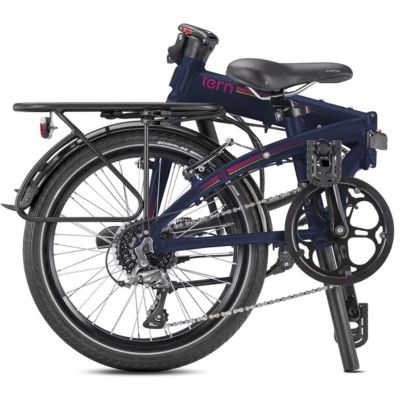









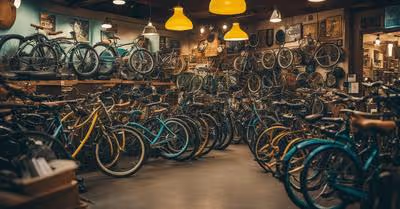









































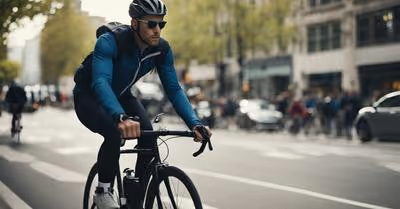




















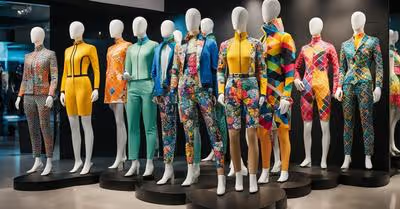




























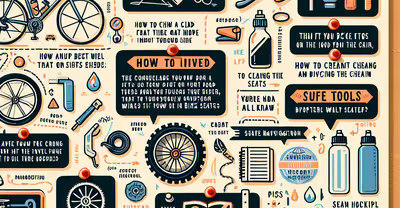


























































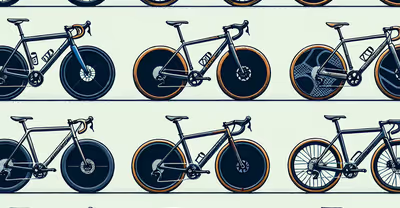

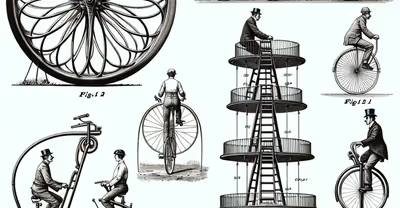





































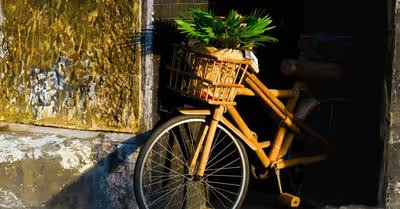










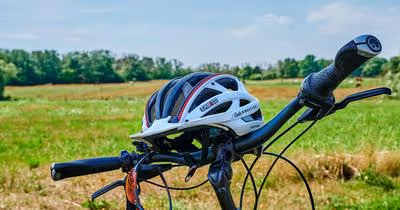



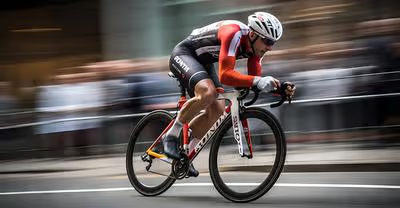
















































































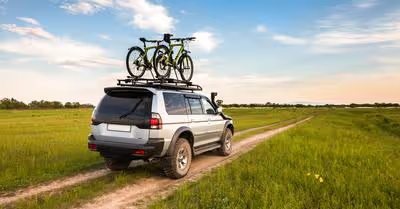




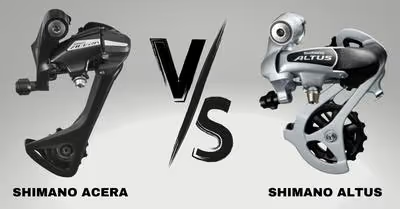









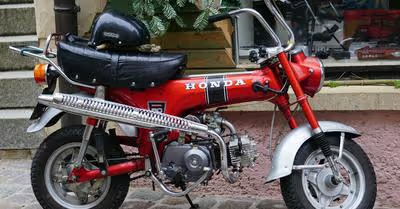
















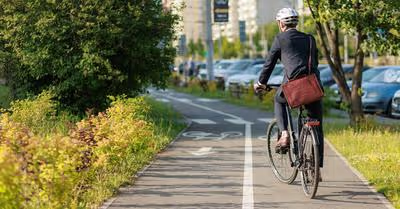





















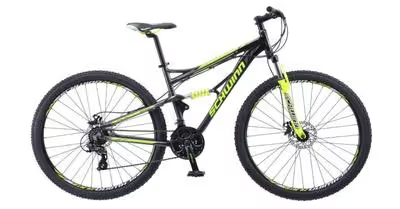




























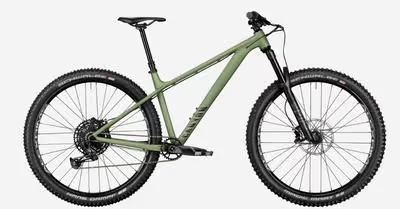











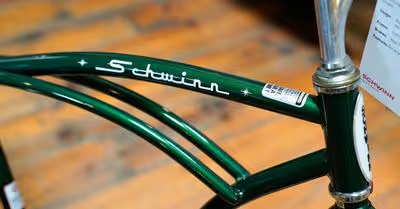












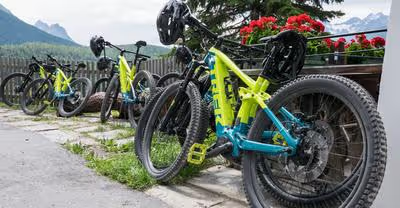























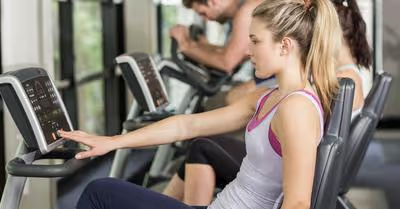








































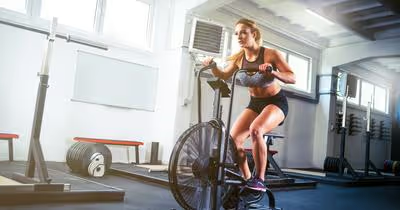


















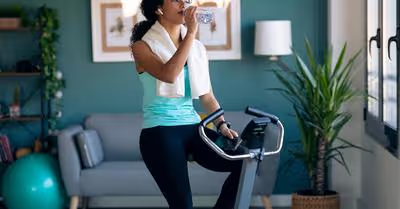














































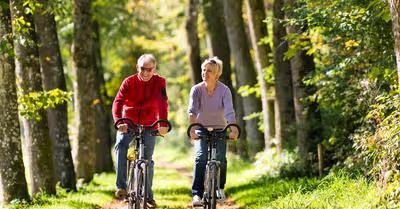










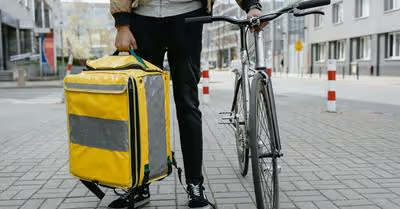



















































































































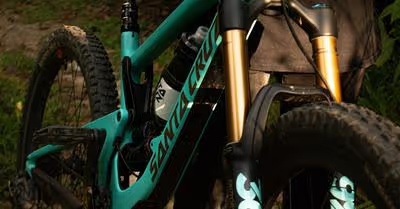
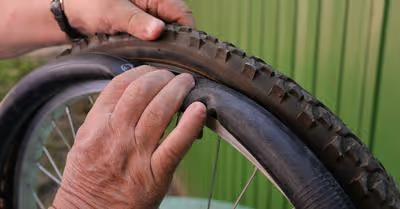







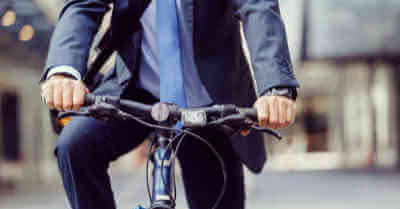









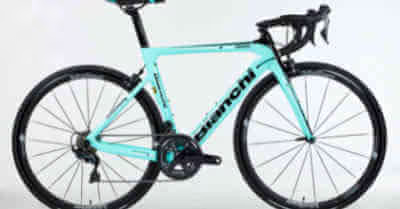


































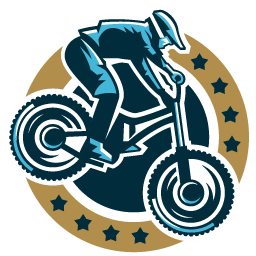
.avif)
